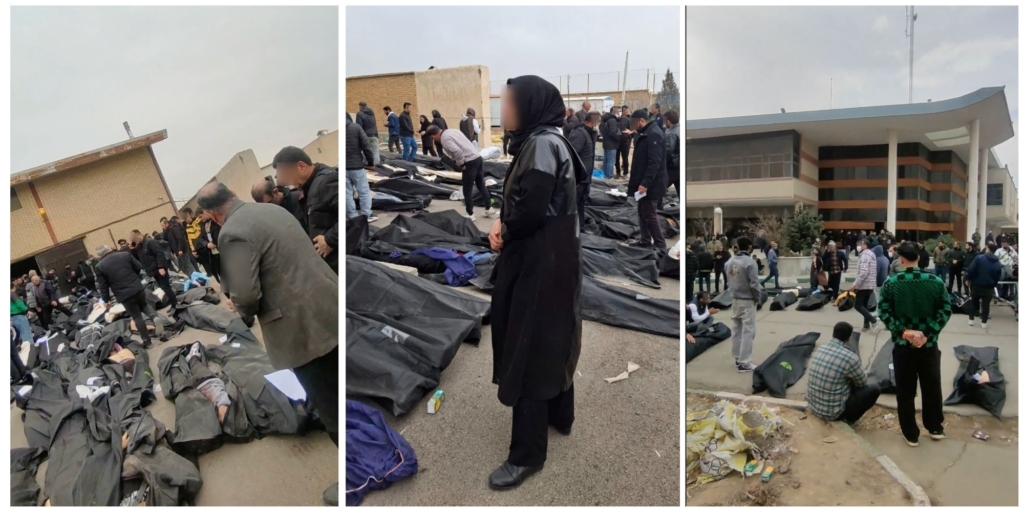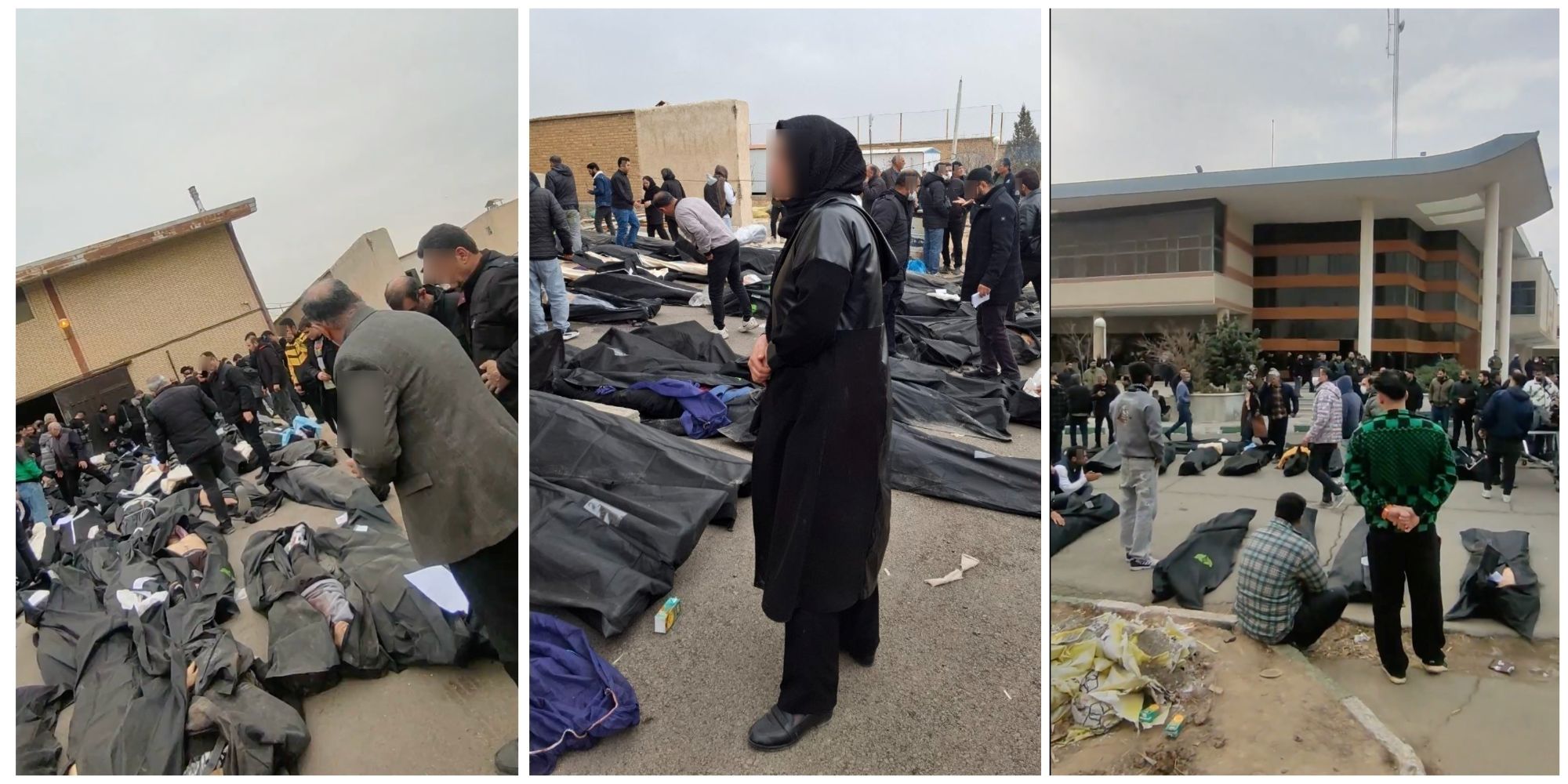In a forgotten corner of South Sudan – a country itself mired in war, human rights violations and a staggering humanitarian catastrophe – refugees from a largely overlooked human rights crisis continue to arrive and continue to face immense challenges.
The refugee camps of Yida and Adjoung Thok lie inside the northern tip of the country’s Unity State (a cruelly ironic name for a state that has seen some of the worst fighting in the country’s current civil war), very close to the border that was etched into atlases when it gained independence from Sudan in July 2011.
They have arrived here from neighbouring Sudan’s Southern Kordofan state, where an overlooked human rights crisis has played out during four unrelenting years of armed conflict and at the Sudanese armed forces’ massive and indiscriminate military assault.
These refugees number around 95,000 and continue to arrive daily. Just imagine the desperation that makes fleeing to war ravaged South Sudan, a more attractive option than enduring the bombing, terror and hunger in Southern Kordofan.
In Unity State, refugees are primarily divided between two camps: 70,000 in Yida, where we are today, and another 25,000 in nearby Adjoung Thok. This is the third time in three years that I have been to Yida with an Amnesty team. Already I feel heavy with the familiarity of the immense challenges here, and determined that we must press harder for solutions that ensure the rights of an incredibly vulnerable population are upheld.
Since it was set up in 2011, there has been controversy about Yida’s location, only some 20 kilometres from the border with a country where war continues to rage between the Sudanese military and the Sudan People’s Liberation Army – North (SPLA-N) opposition forces.
Here the survivors of untold endless atrocities grapple with normalising their lives; seeking basic needs of food, water, shelter and clothing and perhaps even satisfy the yearning of a much elusive education.
We were here in 2012 and there were efforts under way to encourage refugees to move to a new camp, Nyel, which it was feared would turn into a swampy bog during the rainy season. That failed. We were here in 2013 and the plan was a move to the new Adjoung Thok site. This time refugees feared it took them closer to a border area controlled by the Sudanese military, whereas the border near Yida is patrolled by the SPLA-N.
With time, however, Adjoung Thok has begun to fill up, mainly with newly arriving refugees (there have been 10,000 since the end of December, the dry season which saw a spike in bombings in Southern Kordofan).
Those debates about location and moving were fraught with legitimate fears and rampant rumours. They were about sticking to refugee protection principles, but politics have played a role as well.
And so, on this current visit it comes as no surprise that the first topic on everyone’s mind is, again, a new site and plans to move. And once again there is disagreement. The South Sudanese government has approved one site, now backed by the UN and donor states; refugee leaders are pressing for another. It is not at all clear how it will unfold. There is no prospect of forcing refugees onto trucks at gunpoint. But there are many other forces pushing and pulling them in several different directions.
Particularly telling for me today were the words from one of the leaders in the camp, variations of which I’ve heard before. He asked: why don’t our views matter? Why don’t we get to decide about our own security, where we will send our kids to school, and where we will try to rebuild our lives by growing a bit of food? I remembered the fiery insistence of a refugee woman on my last visit that she was the one, better than anyone, who knew where she and her children would be safest.
One pressing concern that has repeatedly come up so poignantly every time I have been here is education. It has again certainly been prominent in all of our conversations in the camp today.
Because international donors think refugees shouldn’t be settling in Yida for the long term, they have refused to fund a number of programmes and initiatives that they fear would give it a sense of permanence. That has included schools. Imagine the numbers of school-age children in a camp of 65,000 people. There are around 16,000 of primary school age alone. Four years into Yida’s existence, there are no schools funded by the international community – four wasted years in a child’s life. No UNICEF blue backpacks, no teachers salaried by the European Union, no notebooks and pencils coming in from Canada and Australia, no schools constructed by South Africa. This is despite the fact that all children, whatever their circumstances, have a right to free and compulsory primary education.
Schools are on offer in Adjoung Thok of course; and that is meant be an incentive to move there. It has encouraged some, but most remain at Yida. So thousands of students are learning in makeshift schools built with the same rudimentary materials as the shelters they sleep in. Volunteers from among the refugee community (some of whom were teachers, most not) do their best to teach. And refugee families are asked to pay a school fee (the equivalent of about $4 per year, which most families here struggle to come up with, and which runs contrary to that universal right to free primary education).
Regardless of the merits of Yida versus Adjoung Thok, or of the two locations that are the subject of the current dispute, there is something worrying about using such an important human right, the right to education, as a bargaining chip.
Because as one leader put it to us today, when you stop education, you lose a generation. And this overlooked crisis in a forgotten corner cannot afford that loss.
Learn more about Amnesty International’s Mission to South Sudan 2015






















